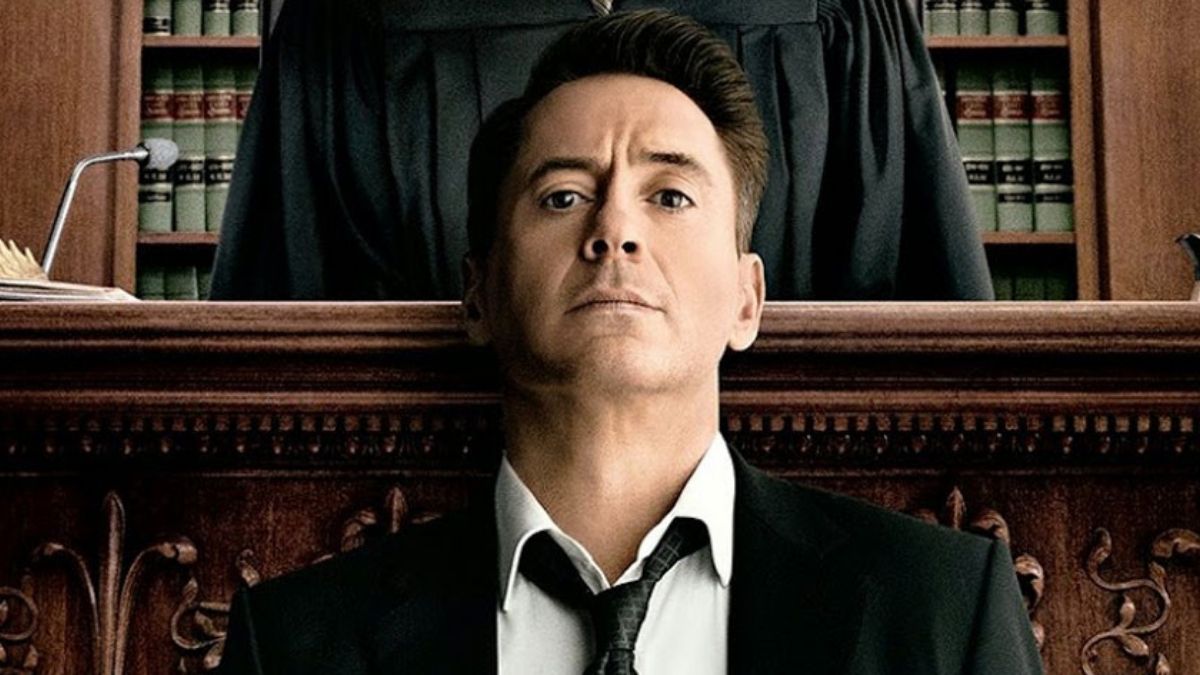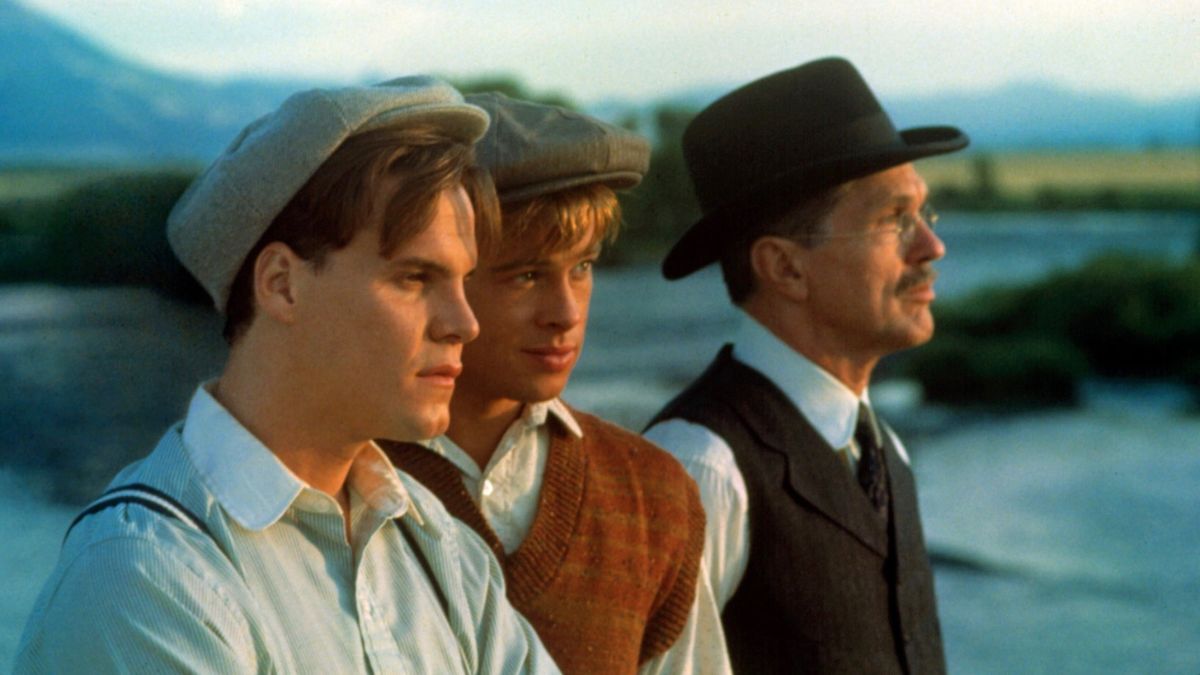Gen. Yevgraf Zhivago
Gen. Yevgraf Zhivago Monologues
I told myself it was beneath my dignity to arrest a man for pilfering firewood. But nothing ordered by the party is beneath the dignity of any man, and the party was right: One man desperate for a bit of fuel is pathetic. Five million people desperate for fuel will destroy a city. That was the first time I ever saw my brother. But I knew him. And I knew that I would disobey the party. Perhaps it was the tie of blood between us, but I doubt it. We were only half tied anyway, and brothers will betray a brother. Indeed, as a policeman, I would say, get hold of a man's brother and you're halfway home. Nor was it admiration for a better man than me. I did admire him, but I didn't think he was a better man. Besides, I've executed better men than me with a small pistol. I told them who I was: The old man was hostile, the girl cautious, my brother… seemed very pleased. I think the girl was only one who guessed at their position.
By the second winter, the boots had worn out... but the line still held. Even Comrade Lenin underestimated both the anguish of that 900-mile long front... as well our own cursed capacity for suffering. Half the men went into action without any arms... irregular rations... led by officers they didn't trust.
Finally, when they could stand it no longer, they began doing what every army dreams of doing…
They began to go home. That was the beginning of the Revolution.
She'd come to Moscow to look for her child. I helped her as best I could, but I knew it was hopeless. I think I was a little in love with her. One day she went away and didn't come back. She died or vanished somewhere, in one of the labor camps. A nameless number on a list that was afterwards mislaid. That was quite common in those days.
In bourgeois terms, it was a war between the Allies and Germany. In Bolshevik terms, it was a war between the Allied and German upper classes - and which of them won was of total indifference. My task was to organize defeat, so as to hasten the onset of revolution. I enlisted under the name of Petrov. The party looked to the peasant conscript soldiers - many of whom were wearing their first real pair of boots. When the boots had worn out, they'd be ready to listen. When the time came, I was able to take three whole battalions out of the front lines with me - the best day's work I ever did. But for now, there was nothing to be done. There were too many volunteers. Most of it was mere hysteria.
He was walking about with a noose round his neck and didn't know. So I told him what I'd heard about his poems.



